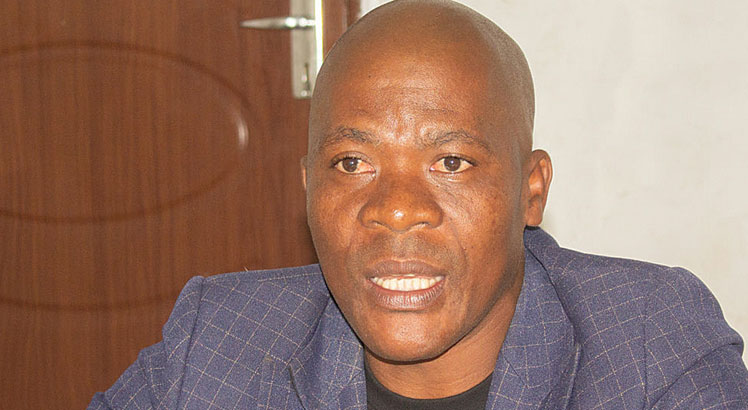Govt challenged on AIP fertiliser status report
The mess characterising the 2022/23 Affordable Inputs Programme (AIP) is refusing to die amid claims by some quarters that the country is relying on donated fertiliser as no fertiliser has been procured using the K109 billion approved by Parliament.
But, while being elusive on available stocks, government insists that Smallholder Farmers Fertiliser Revolving Fund of Malawi (SFFRFM) has enough fertiliser in its warehouses for the 2.5 million beneficiaries.
Our attempt to get actual figures from government follows claims by the Centre for Democracy and Economic Development Initiatives (Cdedi) that all the fertiliser available and being redeemed is from development partners under the banner of African Fertiliser and Agribusiness Partnership (Afap).
“This includes the 10 000 metric tonnes of MAP fertiliser (Phosphate component) which the Kingdom of Morocco donated, and it was blended to 52 000 metric tonnes of NPK.

“As we report, none of the 2.5 million 2022/23 AIP beneficiaries has redeemed fertiliser bought using the K109 billion approved by Parliament. Yet, much of the maize crop in the fields has gone past time for receiving NPK, and we only have 14 days before the recommended time to apply Urea elapses,” said Cdedi in a statement released on Wednesday.
According to an Afap programme brief we have seen, the partnership is providing a 50-kilogramme bag of NPK to each of 1 040 000 beneficiaries from the 2022/23 AIP earmarked 2.5 million beneficiaries. Afap is also footing the cost of blending the donated fertilizer, which is taking place in Liwonde, Machinga, including the transportation.
“The provision of this fertiliser is intended to mitigate against the negative impact of the Russia-Ukraine food crisis in the short-term and also the longer-term impacts of Covid-19,” reads the brief.
Cdedi has since demanded President Lazarus Chakwera to give a status report of AIP, detailing how the K109 billion approved by Parliament has been spent.
“Failure to act as demanded will be understood as a further deliberate war against the poor; and that will leave us with no option but to mobilise farming communities to hold vigils at the offices of all district commissioners, starting from January 9 2023, as one way of defending themselves from the impending war waged by President Chakwera and his Tonse Alliance administration,” reads the statement signed by its executive director Sylvester Namiwa.
But Ministry of Agriculture Principal Secretary (Technical Services) Medrina Mloza Banda said government has enough fertiliser in SFFRFM warehouses in Blantyre, Kanengo and Mzuzu.
“Ten thousand metric tonnes was donated by Morocco as raw material to be blended to make 52 000 MT of fertiliser and we had another 20 000 MT of fertiliser, which is a loan from AFDB and that gives us about 70 000 MT.
“The 2.5 million beneficiaries require about 250 000 MT of fertiliser so if you subtract the 70 000 MT, the remainder is what government bought,” said said.
But an agricultural economist Henry Kankwamba, while commending development partners for rescuing the country, said Malawi was “a rent-seeking society” that loves to benefit without actually creating meaningful economic activities.
“We incur a lot of losses through misappropriation, delays, sabotage, unnecessary bureaucracy, and sometimes deliberate pilferage to fund political agenda and ideology,” he said.
Kankwamba further said government missed out big time on targeting, resulting in AIP being more of a social protection programme and straying from boosting effective demand for affordable inputs.
“Now is the time to start figuring out what we will do during the next season’s programme and not discussing where fertiliser is going to come from for this season,” said Kankwamba, a lecturer at Lilongwe University of Agriculture and Natural Resources (Luanar).
Another agricultural economist Steven Kayira described the development as unfortunate, saying it was important at any level of leadership to be truthful about the reality.
“The fertiliser from development partners is not even half of the total AIP requirement… When farmers know what is going on, it enhances their production decisions because they understand why it needs to be done,” he said.





